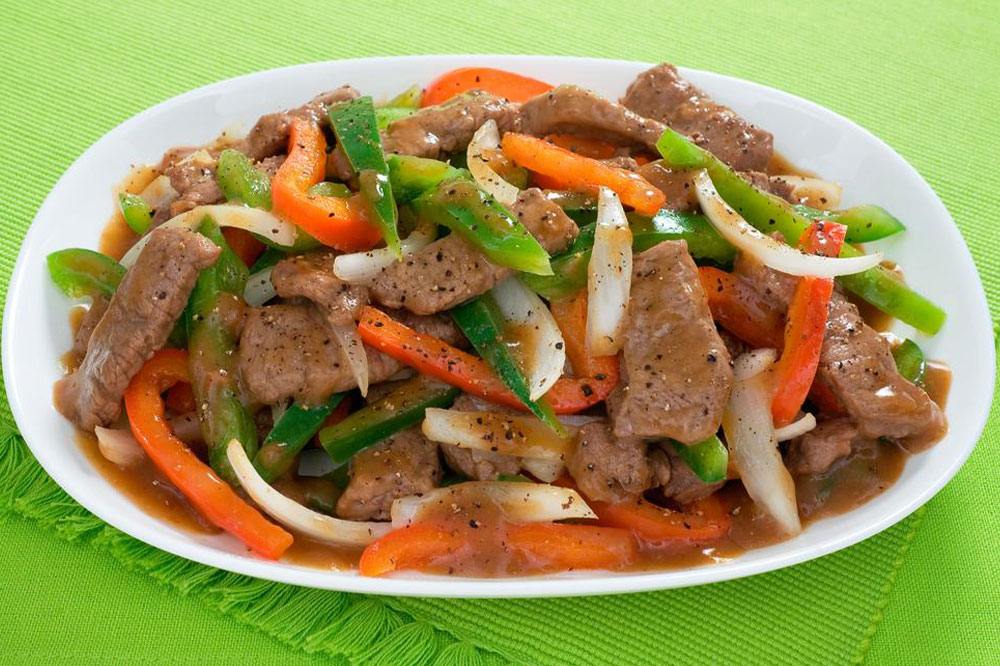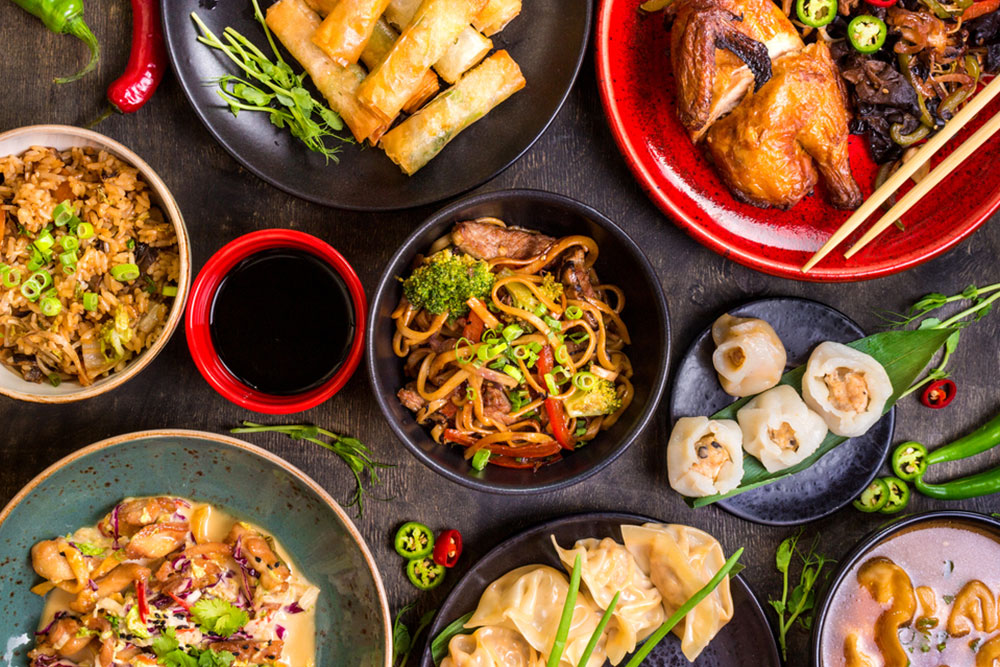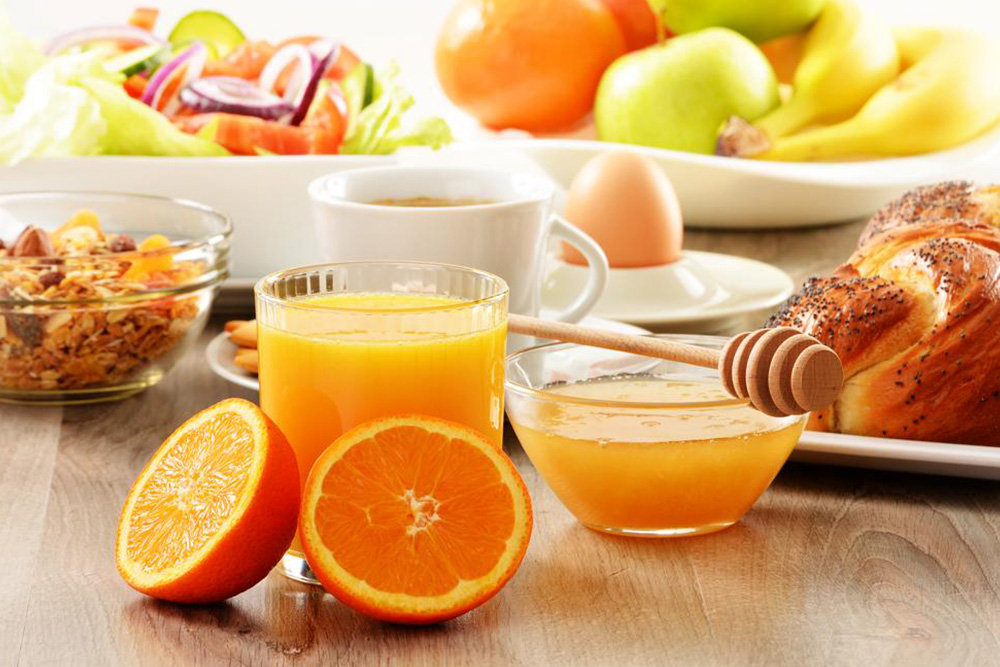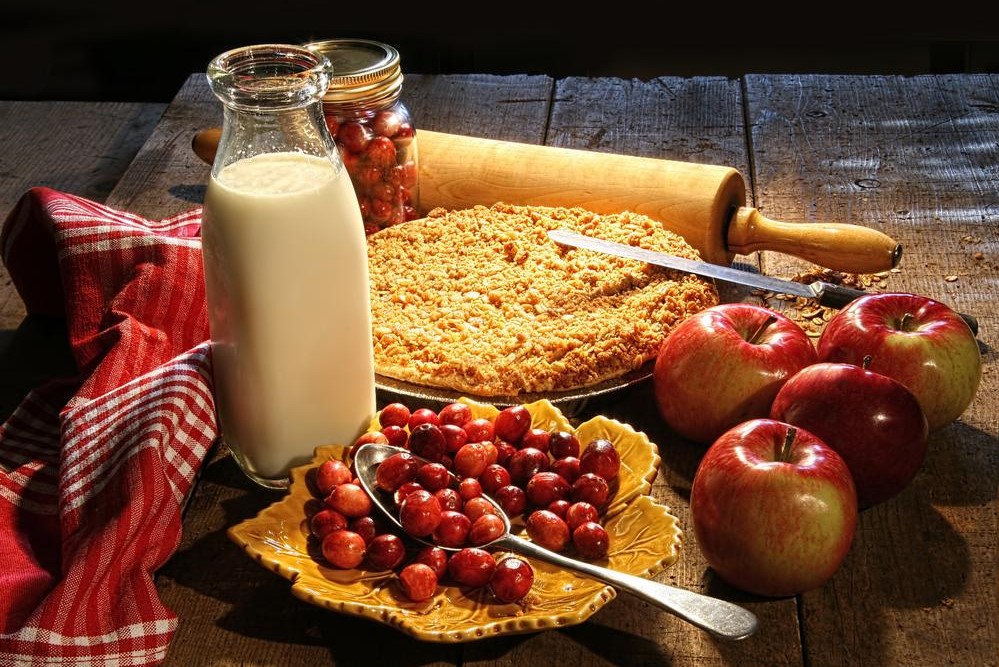Top 5 Nutritional Superfoods to Reduce Cervical Cancer Risk
Explore the top five superfoods scientifically backed to help lower the risk of cervical cancer. Incorporate carrots, green tea, asparagus, raspberries, and salmon into your diet for their powerful antioxidant and anti-cancer properties. Alongside screenings and vaccinations, these foods support women's health and cancer prevention efforts in a natural way. Maintain a balanced diet and consult healthcare providers for personalized advice.

Top 5 Nutritional Superfoods to Reduce Cervical Cancer Risk
A healthy diet combined with proper lifestyle choices can significantly lower the chances of developing cancer. Cervical cancer is a major health concern for women, originating in the cervix, the lower part of the uterus. Persistent infection with human papillomavirus (HPV), a common sexually transmitted virus, is a leading cause. While many individuals clear HPV naturally, some infections become chronic and may develop into cervical cancer over time.
Screening tests and vaccinations are essential in preventing cervical cancer, yet diet also plays a crucial role. Certain top superfoods possess strong cancer-fighting properties. Consuming a variety of fruits and vegetables high in antioxidants, carotenoids, flavonoids, and folate can help protect against HPV-related cervical cancer. The following superfoods are particularly beneficial.
Carrots
This versatile root vegetable benefits not only eyesight but also cancer prevention due to its abundant beta-carotene and carotenoids. These nutrients help block cancer cell growth. Carrots can be eaten raw, cooked, or added to salads, making them easy to include in your diet.
Green Tea
Known for its health perks, green tea is a powerful superfood in fighting cervical cancer because of its antioxidant-rich polyphenols. These compounds inhibit cancerous cell development and spread, as well as reduce enzymes involved in metastasis. Regular consumption can be an effective preventive strategy.
Asparagus
This vegetable contains high levels of glutathione, a potent antioxidant that protects cells from damage caused by free radicals and helps detoxify carcinogens. It also boosts immune function and is low in pesticide residues, even when conventionally grown.
Raspberries
This tasty berry is rich in ellagic acid, which exhibits anti-mutagenic and anti-cancer properties. Eating raspberries regularly may help prevent HPV-infected cells from becoming cancerous and can trigger cancer cell apoptosis.
Salmon
Salmon supplies omega-3 fatty acids, vital for combating cervical cancer. It also contains astaxanthin, a carotenoid that scavenges free radicals. Wild salmon generally offers higher levels of astaxanthin compared to farmed options.
Note:
Our goal is to provide valuable health insights. For personalized medical advice, always consult healthcare professionals. We cannot guarantee the accuracy of every piece of information, and some details may vary. Promotions or offers mentioned may also differ.


